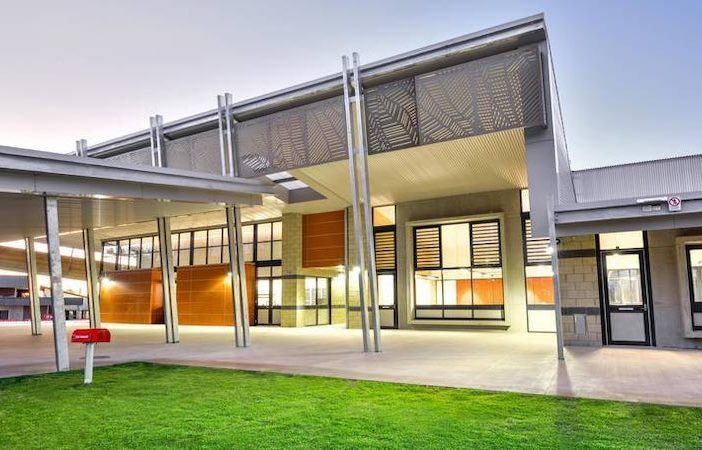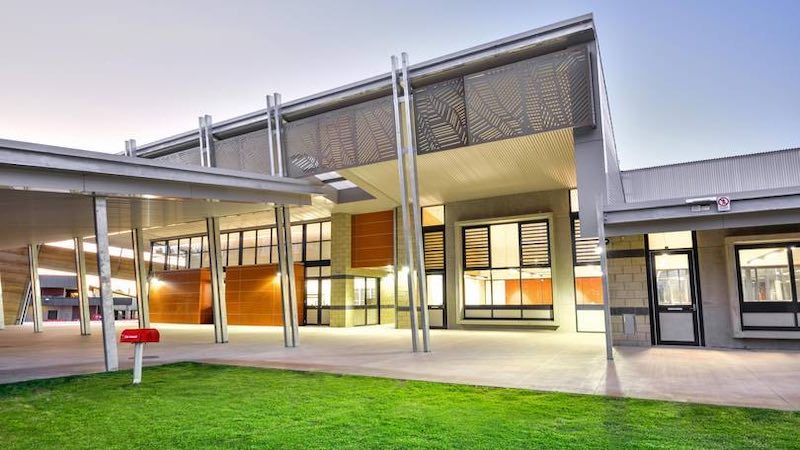

The 10 Western Australian schools selected to form a solar and battery-based virtual power plant have been announced by the state government.
The $4 million scheme, part of the Labor McGowan government’s Distributed Energy Resources Roadmap, was launched in early August at the Kalgoorlie-Boulder Community High School, in W.A.’s Goldfields-Esperance region.
It will install unspecified amounts of rooftop solar and “commercial” battery systems, allowing schools to cut their energy costs while also working as an aggregated resource, to assist with grid stability on the state’s South West Interconnected System.
The school solar and battery systems are also expected to boost the ability of local residents to install more of their own rooftop solar without compromising the reliability of the grid.
The nine other schools taking part in the program were announced on Wednesday as Baldivis Secondary College; Rossmoyne Senior High School; Butler College; Coastal Lakes College, Lakelands; Success Primary School; Gilmore College, Orelia; Joseph Banks Secondary College, Banksia Grove, and; Comet Bay Primary School, Secret Harbour.
The government said the schools were chosen by Synergy and the Department of Education based on their position on the grid as well as operational, customer, system, and technical considerations.
W.A. energy minister Bill Johnston said the school-based virtual power plant would highlight the integration of rooftop solar, batteries and other small-scale technologies into the state’s power grid – a major focus of the government of late, as the state’s distributed energy market continues to boom.
Just this week the West Australia grid set a new record low for minimum demand thanks to the state’s rooftop solar systems accounting for a massive 40 per cent of total generation in the middle of the day on Sunday.
And on Monday, the government announced it was reshaping solar export tariffs to encourage storage, electric vehicles and west facing solar panels.
“The Virtual Power Plants will make the local electricity grid more stable and reliable, and assist in the transition towards a cleaner energy future,” Johnston said.
Education and training minister, Sue Ellery, said the benefits would extend beyond the grid, to the students of the schools.
“This pilot program will benefit schools, and at the same time create new jobs and teach new skills to build our future electricity system,” she said.
“It will also provide an opportunity to further Science, Technology, Engineering and Mathematics education for students.”

Sophie is editor of One Step Off The Grid and deputy editor of its sister site, Renew Economy. Sophie has been writing about clean energy for more than a decade.

